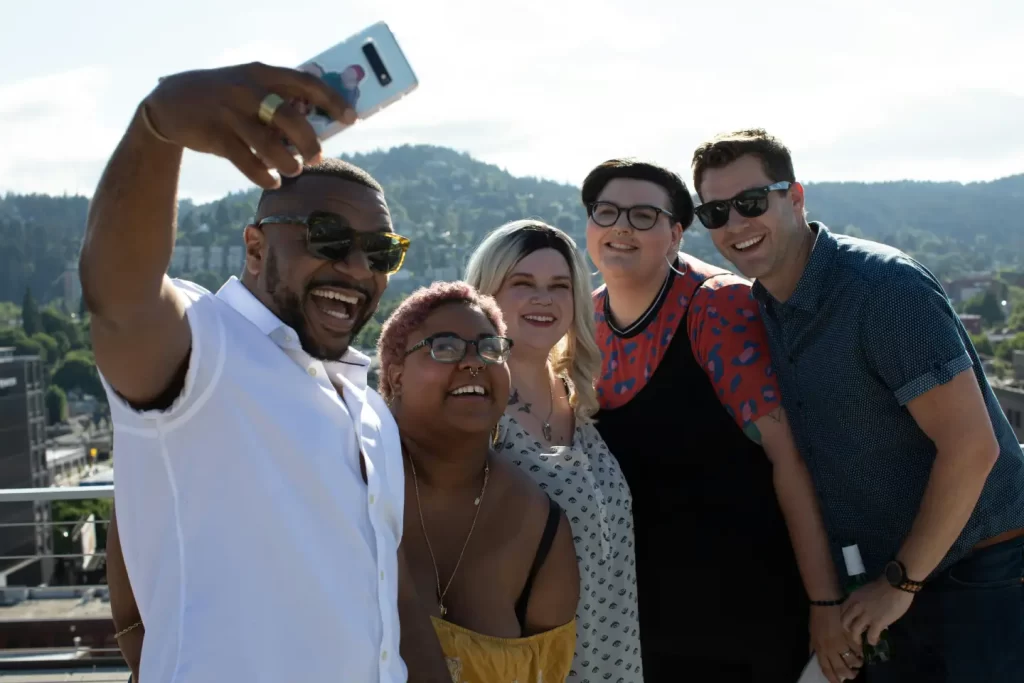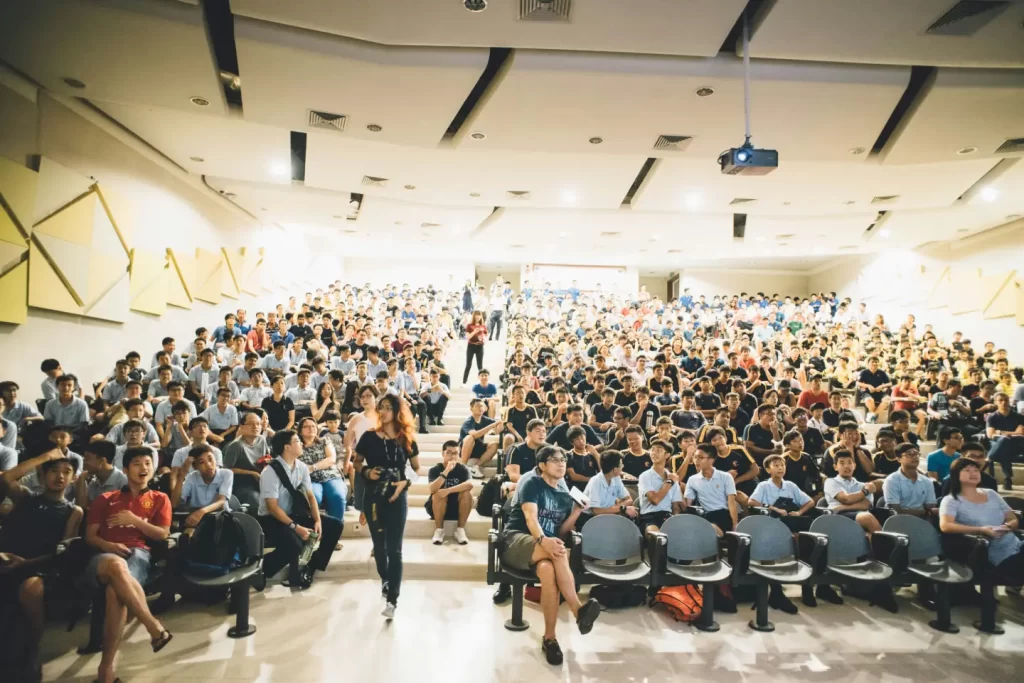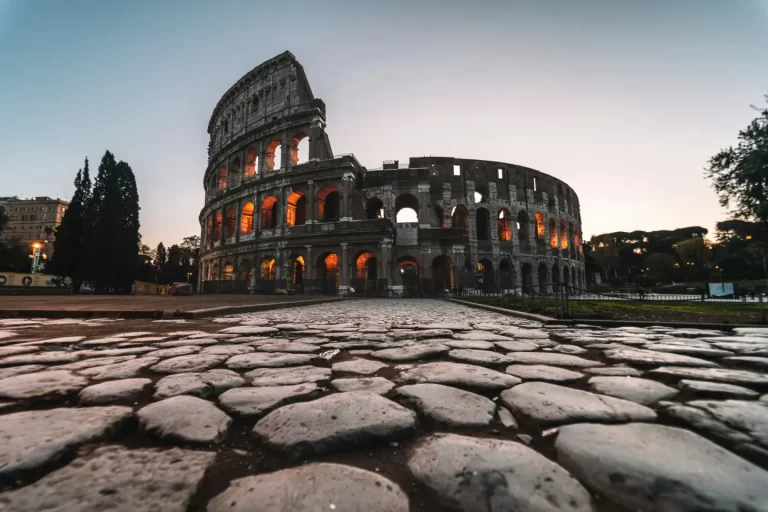Embracing Culture as a Social Imperative: Augmenting Cultural Participation and Examining its Societal Role
Culture, an amalgamation of shared experiences, principles, and aspirations, serves as society’s collective memory and identity. It plays an instrumental role in shaping individual identities and fostering societal unity. This comprehensive discourse delves into the significance of amplifying cultural participation and the influential role of Culture within the societal fabric.
Deciphering the Significance of Active Cultural Participation
Cultural participation, the engagement with artistic expressions and cultural practices, is a fundamental right and integral to a thriving, inclusive society. Enhancing cultural participation holds profound importance for multiple reasons:
Nurturing Personal Evolution and Intellectual Maturation
Active engagement in cultural activities stimulates cognitive growth, emotional awareness, and creative thinking. It presents opportunities for lifelong learning, self-expression, and personal evolution.
Encouraging Societal Unity and Community Engagement
Cultural participation encourages social interaction and community involvement. It unites people across diverse backgrounds, fosters mutual understanding and tolerance, thereby enhancing societal unity.
Crafting Identity and Instilling a Sense of Belonging
Active engagement with one’s cultural heritage aids in shaping individual and collective identities. It instills a sense of belonging and continuity, linking individuals to their roots and community.
The Multidimensional Impact of Cultural Participation
The influence of cultural participation extends beyond the individual level, permeating various aspects of society:
Influencing Policy Making
Cultural participation can influence policymaking by highlighting societal needs and values, which can guide decision-makers toward more inclusive and representative policies.
Driving Economic Growth
Cultural industries contribute significantly to economic growth by generating employment, attracting tourism, and promoting local products and services.
Enhancing Social Integration
Cultural participation fosters social integration by bridging cultural divides, promoting mutual understanding, and reducing social exclusion.
Implementing Strategies to Amplify Cultural Participation
Amplifying cultural participation necessitates a comprehensive approach that tackles obstacles and creates avenues for active engagement. Here are some potent strategies:
Promoting Cultural Education and Consciousness
Cultural education and consciousness form the bedrock of cultivating an appreciation for and engagement with one’s Culture. This entails integrating cultural studies into education curricula, organizing cultural events, and advocating for cultural literacy.
Guaranteeing Accessibility and Inclusion
Ensuring that cultural activities are accessible and inclusive is paramount. This involves mitigating physical, financial, and social barriers to participation and ensuring diverse representation in cultural activities and institutions.
Harnessing Technology and Digital Platforms
Technology and digital platforms can be employed to extend access to cultural content. Virtual tours, online exhibitions, and digital archives can globalize Culture, making it accessible worldwide.
Examining the Societal Role of Culture
Culture plays an instrumental role in society. It serves as a mirror reflecting societal values, a bridge connecting diverse communities, and a catalyst for societal evolution.
Echoing Societal Values and Norms
Culture echoes societal values, norms, and beliefs. It provides insight into societal attitudes and perspectives, shaping societal discourse and viewpoints.
Bridging Communities and Fostering Unity
Culture serves as a unifying force, bridging diverse communities through shared experiences and mutual understanding. It fosters unity amid diversity, promoting societal cohesion and harmony.
Serving as a Catalyst for Social Progress
Culture can catalyze societal progress. Artistic and cultural expressions can raise awareness about social issues, challenge established norms, and inspire transformative action.
Conclusion: Advocating for a Cultural Renaissance
Advocating for ‘Culture for the People’ necessitates amplifying cultural participation and acknowledging the influential role of Culture in society. We cultivate personal growth, community involvement, and societal progression by fostering cultural engagement. By recognizing the role of Culture, we appreciate its reflective, connective, and transformative power.
As we navigate the future, we must continue championing cultural participation and the societal role of Culture, fostering a world where Culture is universally accessible, deeply appreciated, and utilized for societal betterment. Embracing Culture as a social imperative is not just a matter of preserving our past but shaping our future. It is about ensuring that every individual, regardless of their background, has the opportunity to explore, understand, and contribute to Culture. It is about leveraging the power of Culture to build more inclusive, understanding, and resilient societies.
Glance back to our captivating exploration of cultural synergy and collaborative innovation in our blog, “Harnessing the Power of Culture for Co-creative Partnerships“.












